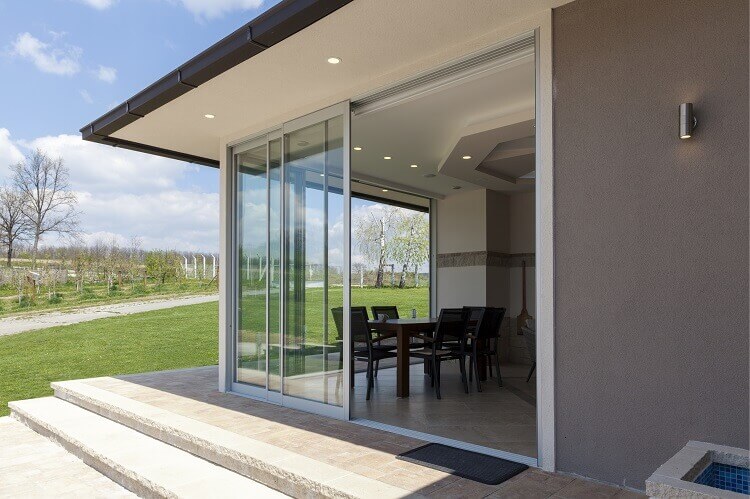Content Attributes
Unsealed pipe leaks are a serious concern that should be dealt with immediately by an experienced plumber. Delaying seeking assistance makes matters worse, leading to more expensive solutions down the line.
Addressing an unsealed pipe leak is crucial; it prevents further damage and safeguards your home from potential complications. For expert assistance, consider contacting a team of professionals like Diamondback Plumbing and Cooling.
Water damage
Leaks in pipes can create significant water damage, leading to severe complications, including rotten wood, mold/mildew growth, damaged ceilings and walls, and more. Furthermore, repairs for these damages can often prove very expensive.
Turning off the water supply and calling a plumber as soon as possible are essential if your leaky pipe is causing water damage. While waiting for their arrival, save any dry personal belongings while fans or dehumidifiers can speed up drying times.
Also, ensure you switch off any electrical items present to prevent potential fire hazards; rubber gloves should also be worn when touching wet items to help prevent the spread of bacteria or germs.
Mold & mildew
Leaky pipes that remain unchecked for too long can become breeding grounds for mold and mildew, creating an unpleasant aroma, damaging household items, and potentially harming human health.
Mold spores thrive in wet cellulose materials like wood, caulking, and paper. Air movement spreads the spores quickly throughout your home, allowing them to adhere to clothing, shoes, or pets and enter through windows, doors, or ventilation systems.
As spores enter a home, they cause health problems ranging from minor irritations to life-threatening diseases. Some types of mold spores are particularly hazardous for infants, elderly persons, and people with compromised immune systems.
Aside from the common allergy symptoms like runny noses and itchy eyes, these people may also develop more significant reactions like headaches, rashes, nasal congestion, coughing fits, memory loss, and breathing difficulties.
High water bills
If you discover a plumbing leak, the first step should be turning off your main water supply valve to stop its flow until a professional can fix it. While you could attempt to tighten any loose joints using wrenches, leaving this task up to experts may prevent further pipe damage and reduce repair bills.
If your water bills suddenly increase without an apparent explanation, consider leaks as the source. Toilets, hot water heaters, and sprinklers are commonly associated with leakage that results in high bills; toilet leaks, in particular, can waste as much as 200 gallons daily!
To locate where a leak lies in a toilet tank, add dye and wait to see if it appears in the bowl; adding dye might help pinpoint its exact location.
Water authorities frequently offer refunds for one-time water losses. To take advantage of this policy and recover this money, it’s a good idea to provide evidence that the leak has been repaired as soon as possible and inspect your home regularly for potential leaks.
Damage to personal belongings
Small leaks may seem harmless at first, but over time, they can seriously damage personal belongings. If you notice water damage, act quickly by shutting off the water shutoff valve to limit further damage, make sure all valuables are away from water to minimize its effect on them, and report any issues immediately.
Water from a minor leak can quickly spread, flooding floors, walls, carpeting, furniture and personal belongings. This flooding may even cause wallpaper or paint to peel and discolor; water damage also poses challenges in using certain appliances and electronics like dishwashers, washing machines and clothes dryers.
This will save the hassle of replacing items or finding temporary housing while saving on clean-up and restoration costs. Tenants shall, in all other circumstances, disclose and, if required, promptly report any concerns as soon as they arise. Renters should alert their landlord as soon as they discover problems with the plumbing.
Damage to the structure of your home
Small leaks can become bigger problems for your home’s structure, with water seeping through drywall, flooring, and carpet to cause staining, weakening the material over time, wood rot or mold requiring costly repairs, etc.
Since leaks behind walls frequently lie unnoticed for months or years before being discovered, they can be especially destructive. Such leaks can rot the drywall and other materials, such as insulation. If they originate in your sewer line, you may also detect an unpleasant odor throughout your home.
If you suspect a leaky pipe in your home, immediately switch off its water supply at the breaker box to prevent further water loss until a plumber can arrive and make repairs.
While you wait, take care to clear away any wet furniture or items to prevent further damage; turn off lights and electrical outlets that could pose an electrocution risk; use plumbing tape on exposed joints – make sure that it fits tight enough, or you risk future leakage!



